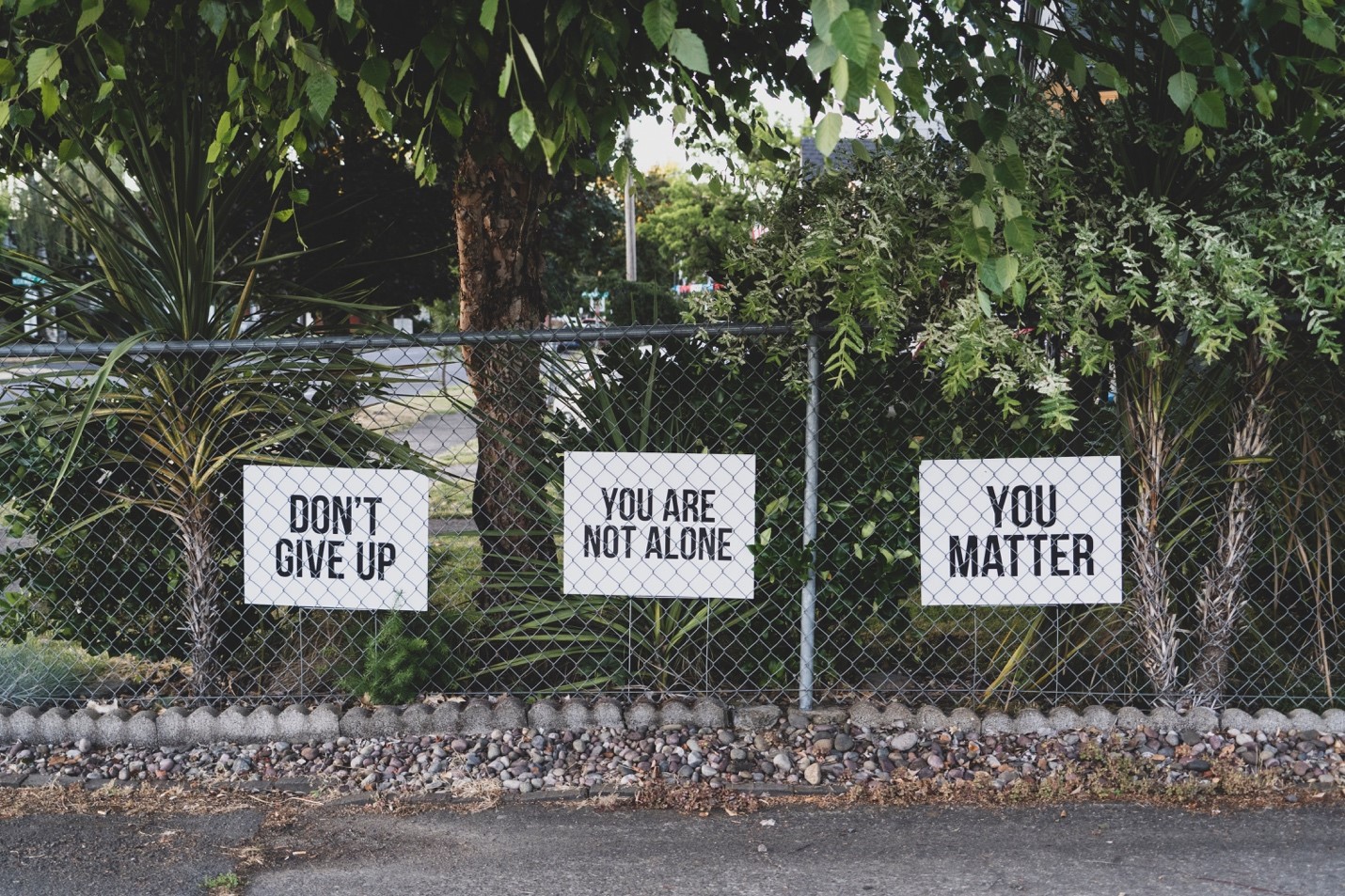
Does Driving Long Distances Stress You Out? Here Are Some Things to Consider for Your Next Road Trip
Catherine Sangi, LPC Do you find that you are missing out on events and spending time with loved ones due to the anxiety related to driving? You’re not alone. A recent survey found that about 66% of Americans experience anxiety with driving. Try these 5 tips to lessen your anxiety with regards to having to drive long distances. Know your route Anxiety can come from the fear of the unknown and that includes not knowing where you will be or what turns you will have to make. Colorado provides this online resource where you are able to view up to date road conditions. Prepare a playlist, audiobook, or podcast series to listen to Sometimes anxiety comes on when we feel trapped. Having something to occupy your mind with can be helpful. Plan breaks at certain intervals Having small, attainable goals can reduce our stress levels. Only having to drive for 30 more minutes versus having to drive for 5 more hours is less overwhelming. Come stocked with drinks (non-alcoholic of course), snacks, gum, and mints Emotional support water bottles are great. Be flexible Accept that there might be a traffic jam or a route closure that you will not be aware of. Validate that it is frustrating and know that you will continue to follow your GPS to get to your destination. Let someone know that you’ll be on the road and that you might be calling them Being alone can increase our anxiety and talking on the phone can make us feel less alone. Make sure you’re following the laws with phone regulations! Breath! Don’t forget the tried-and-true coping skill of deep breathing. Deep breathing decreases our stress and increases our calm. Driving can feel overstimulating and overwhelming. Make sure that you are following the laws of the state you are driving in while continuing to use your coping skills. You can also check out this article for affirmations to use while driving.




